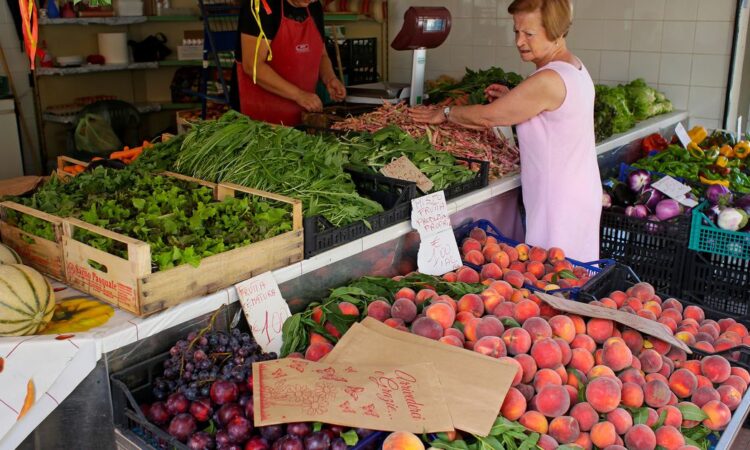
ROME, April 6 (Reuters) – Italy’s government plans to cut its 2024 economic growth forecast, people familiar with the matter said, as it weighs the negative impact of rising interest rates and difficulties in spending EU post-COVID recovery funds.
Rome will publish new estimates next week for this year and next in its Economic and Financial Document (DEF), which will also carry a warning that the delays in investing those European Union transfers are likely to worsen, two sources said.
Italy last November targeted a growth rate for the euro zone’s third-largest economy of 0.6% this year and 1.9% in 2024.
The 2023 projection is set to be raised to 0.9%. But the new 2024 estimate will probably be lower than 1.8%, one of the sources said.
Economy Minister Giancarlo Giorgetti said last week the 2023 economic outlook was improving but, in an implicit criticism of European Central Bank policy, that higher interest rates designed to curb inflation could pose a threat to growth.
A Treasury spokesperson said the ministry adopted a cautious approach which led it to use the least upbeat forecast of a series of possible outcomes.
The DEF will also trim this year’s fiscal deficit projection to 4.35% of national output from 4.5%, the sources said.
The estimates being drawn up are under an unchanged policy scenario and so do not include support measures for families and firms that the government also intends to announce in the DEF.
Final targets, due by mid-April, are usually more ambitious than forecasts reflecting the current economic outlook.
FLEXIBILITY
A key issue affecting the 2024 outlook is Italy’s ability to catch up with the post-COVID recovery funding programme.
Italy is due to receive roughly 200 billion euros ($217.88 billion) in grants and cheap loans through 2026, making it the EU scheme’s largest beneficiary in absolute terms.
However, the government is falling behind both on targets and milestones agreed with Brussels in return for the aid, and on spending money already received.
Italy’s audit court last month said overall investment spending by year-end was expected to be nearly 15 billion euros below projections in an initial financial framework set out in 2021 by Meloni’s predecessor Mario Draghi.
To gain some flexibility, EU Affairs Minister Raffaele Fitto said he was in talks with Brussels to replace some schemes in its original recovery plan.
But agreement on this was unlikely by the end of April, the source added, making budget policy planning more complicated.
($1 = 0.9179 euros)
Editing by Gavin Jones, Hugh Lawson and John Stonestreet
Our Standards: The Thomson Reuters Trust Principles.





